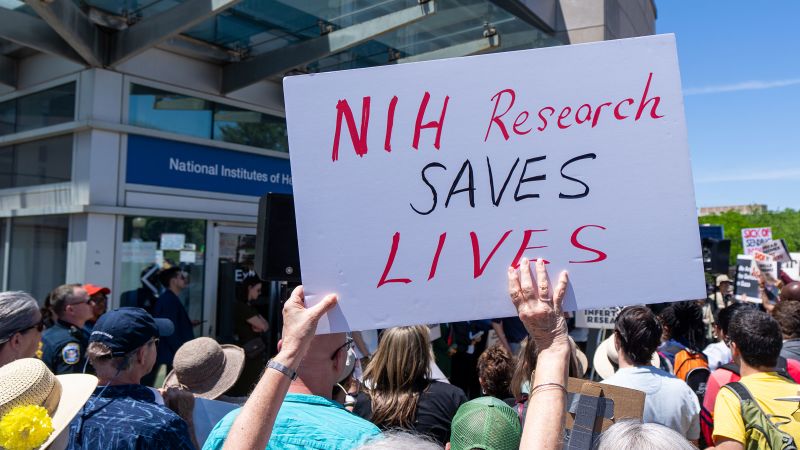Malaria Scare in Torres Strait: Queensland Health Probes Second Local Case Amid Rising Infection Numbers
Malaria Concerns Rise in Queensland’s Torres Strait Islands
Queensland Health is actively investigating a second case of locally acquired malaria within the Torres Strait Islands, prompting heightened concern and public health scrutiny. This development comes as the state’s total number of malaria infections this year has already reached 71, marking a significant increase and raising questions about the parasite's local establishment.
The latest notifiable conditions report from Queensland Health confirmed the discovery of the second case within the Torres Strait Islands local government area. This follows an initial case detected earlier, indicating a potential ongoing transmission cycle within the region. While malaria is not typically endemic to Australia, these local cases suggest the presence of Anopheles mosquitoes, the vectors that transmit the malaria parasite, and their ability to sustain the disease.
Understanding the Risk and Current Situation
Malaria is a serious infectious disease transmitted through the bite of infected female Anopheles mosquitoes. Symptoms can include fever, chills, headache, muscle aches, and fatigue. If left untreated, malaria can lead to severe complications and even death. The cases in the Torres Strait Islands highlight the importance of awareness and preventative measures, particularly for residents and visitors.
Queensland Health is working diligently to identify the source of the infection, track potential contacts, and implement control measures to prevent further spread. This includes enhanced mosquito surveillance, targeted insecticide spraying, and public health education campaigns to inform the community about malaria prevention strategies. Public health officials are urging residents to take precautions against mosquito bites, such as using insect repellent, wearing long sleeves and pants, and ensuring that homes are properly screened.
What Does This Mean for Residents and Visitors?
The situation underscores the need for heightened vigilance in the Torres Strait Islands and surrounding areas. Key preventative measures include:
- Using insect repellent: Apply repellent containing DEET, picaridin, or oil of lemon eucalyptus regularly, especially during dawn and dusk when mosquitoes are most active.
- Wearing protective clothing: Cover exposed skin with long-sleeved shirts, long pants, and socks.
- Mosquito-proofing your home: Ensure window and door screens are intact and in good repair.
- Seeking medical attention: If you experience any malaria-like symptoms, seek medical attention immediately and inform your doctor of your travel history.
Queensland Health’s Response and Future Actions
Queensland Health is committed to containing the outbreak and protecting the health of the community. Ongoing investigations will focus on mapping the geographic extent of the transmission, identifying potential breeding sites for mosquitoes, and implementing targeted control measures. Regular updates and public health advisories will be issued as the situation evolves. The state’s health department is collaborating with local communities and health professionals to ensure a coordinated and effective response.
The emergence of locally acquired malaria cases in the Torres Strait Islands is a serious concern, but with swift action and community cooperation, Queensland Health is working to mitigate the risk and prevent further spread of this potentially life-threatening disease. Staying informed and taking preventative measures are crucial for protecting yourself and your loved ones.






